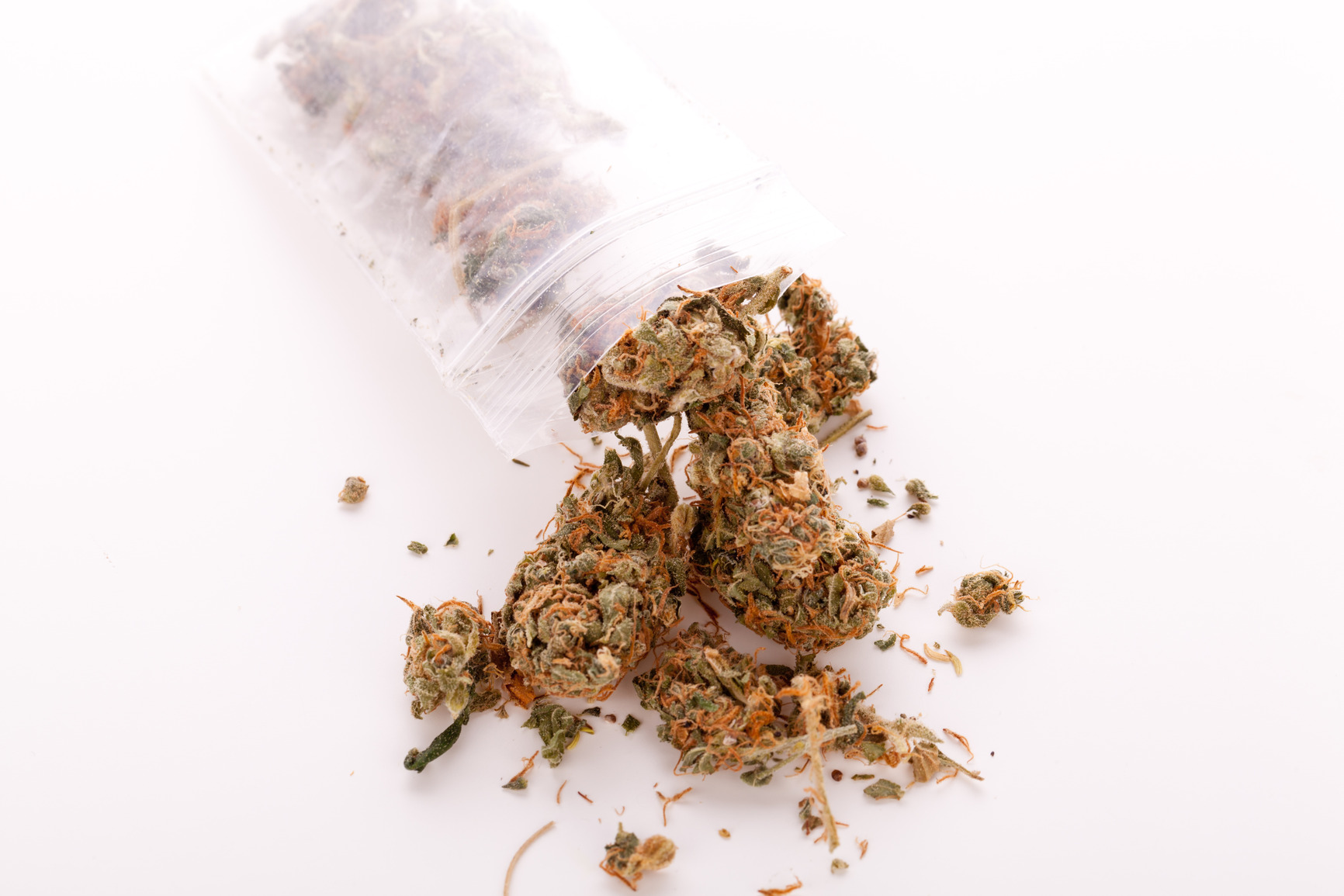
Is Marijuana Withdrawal a real thing?
In the past, there have been many attempts to downplay the seriousness of marijuana as a drug. This has led to people questioning whether users experience any withdrawal symptoms when they stop using the drug. To put it simply, using marijuana introduces tetrahydrocannabinol (THC) to the brain. If marijuana is used frequently, the brain and your entire body will adjust the way it performs to accommodate the presence of THC. After some time, your brain will actually need this chemical in order to function well. Therefore should the supply of this chemical be suddenly cut short, your brain and your body will find it hard to function. This is what causes withdrawal symptoms.
What to expect from Marijuana Withdrawal
The symptoms of marijuana withdrawal are many, but the experience varies from user to user. Some users will only experience mild symptoms while others will go through more serious ones. Factors such as tolerance, body chemistry, amount of marijuana used in a given time period, and period of addiction will determine how severe the withdrawal symptoms will be.
Marijuana withdrawal usually starts anywhere from a few hours to a few days after you stop using. The symptoms usually last from between one to four weeks. Common symptoms of marijuana withdrawal include:
- Feeling agitated
- Feelings of anxiety
- Stomach upsets
- Nausea
- Mood swings
- Appetite loss
- Sweating
- Headaches
- Feeling depressed
During the withdrawal period, you are likely to also experience strong cravings for marijuana. This is normal since your brain and body will want the substance that can return it to its perceived ‘normal’ state.
How to handle marijuana withdrawal
Symptoms of marijuana withdrawal are usually more severe when the user suddenly cuts himself off from the drug. One method of significantly reducing the severity of these symptoms is to gradually reduce the amount of marijuana used over a period of time. Tapering the use of the drug allows the body to adjust itself to ever reducing quantities of the drug until it’s truly able to go back to its pre-marijuana state. Using this method doesn’t mean that there will be no withdrawal symptoms at all.
Seeking out medical help is also another option. There are many hospitals and rehabilitation centers that provide detoxification services for both in and outpatients. These centres are able to help, not just by keeping you under observation, but also by providing psychological support which many users may lack at home.
At rehab centres, the doctors can also administer manufactured THC to patients finding it particularly difficult to cope with the withdrawal symptoms. Manufactured THC is very effective when it comes to reducing withdrawal symptoms and may soon be available as a patch. It should however only be administered by a doctor and not be used to self-medicate.
Support from concerned groups, family members and fellow recovering addicts is also a powerful tool for dealing with marijuana withdrawal. You should also avoid using other drugs during the detoxification period including caffeine as they may worsen the withdrawal symptoms.
Article Submitted on behalf of drugrehab-herefordshire.uk and alcoholrehab-herefordshire.uk








